The views expressed in our content reflect individual perspectives and do not represent the authoritative views of the Baha'i Faith.
Baha’u’llah, the prophet and founder of the Baha’i Faith, taught the oneness of humanity. Among all of the progressive Baha’i principles, the oneness of humanity stands as the most central.
The primacy of that principle of oneness means that Baha’is try to live into unity, acting on it in their daily lives and in their communities. So how do Baha’is deal with hatred, persecution and opposition? How does a Faith that considers all human beings as one people react to those who attempt to oppress or violently repress others? What do Baha’is do when they face oppression and violence?
These three short quotes from the Baha’i writings can help suggest a general answer to those questions:
Know ye that to be killed in the path of His good pleasure is better for you than to kill. – Baha’u’llah, The Summons of the Lord of Hosts.
For the victims of oppression to intercede in favor of their enemies is, in the estimation of rulers, a princely deed. – Baha’u’llah, Epistle to the Son of the Wolf.
… love and good faith must so dominate the human heart that men will regard the stranger as a familiar friend, the malefactor as one of their own, the alien even as a loved one, the enemy as a companion dear and close. – Abdu’l-Baha, Selections from the Writings of Abdu’l-Baha.
That kind of radical “turn-the-other-cheek” forgiveness exactly matches Christ’s and Buddha’s teachings:
In this world hate never yet dispelled hate. Only love dispels hate. This is the law, ancient and inexhaustible. – Gautama Buddha, The Dhammapada.
But I say unto you, love your enemies, bless them that curse you, do good to them that hate you, and pray for them which despitefully use you, and persecute you … – Jesus Christ, Mathew 5:44.
This powerful Baha’i principle asks those who follow Baha’u’llah to pardon, forgive, and even love those who harm them. The Baha’i teachings not only encourage forgiveness – they actually go far beyond it to recommend loving your oppressors, your adversaries and your enemies.
That’s no easy thing to do, as you might imagine. Attempting to do it, however, recognizes the central fact of humanity’s oneness by refusing to divide us into warring camps, whether as individuals, races or nations.
In other words, if you believe in the unity of humankind, you cannot have enemies.
Several modern leaders have used this approach. Those like Mahatma Gandhi and Martin Luther King, Jr., in response to the systemic oppression of colonialism and racism, mounted nonviolent campaigns against their oppressors. Determined to overcome that oppression without heightening an adversarial relationship with others, this kind of activism originally emerged from the spiritual traditions of Hinduism, Buddhism and Christianity, religions that asked their followers not to harm others.
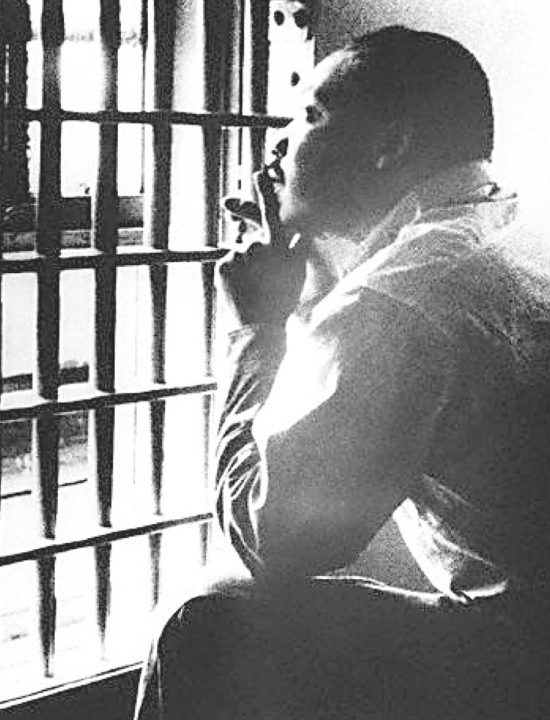
The Baha’i teachings go a step further. Abdu’l-Baha, in his book The Secret of Divine Civilization, wrote:
… love your enemies, bless them that curse you, do good to them that hate you, and pray for them which despitefully use you, and persecute you; that ye may be the children of your Father which is in heaven: for He maketh His sun to rise on the evil and on the good, and sendeth down the rain of His mercy on the just and on the unjust.
God loves all of his creatures, that compassionate message says, and so should you, whether they’re just or unjust.
Baha’is do their best to practice this spiritual teaching in action and not only in words. In several countries, for example, governments discriminate against and heavily persecute members of the Baha’i Faith, imprisoning, torturing and even killing them because of their beliefs. But Baha’is, following Baha’u’llah’s teachings of unity and oneness, do not revolt, or react in any violent way to that persecution. Instead, persecuted Baha’is try to approach their oppressors with love, in a manner that some observers and scholars have begun calling “constructive resilience.”
Many people see only two potential responses to oppression and persecution: either organizing politically against the oppressor to resist or revolt, employing civil disobedience, and fighting for change; or accepting and enduring that oppression by passively developing an identity of victimization. Unwilling to adopt either of those approaches, the Baha’i communities in oppressive nations have developed a third way of responding by using a non-adversarial model of response.
This means that the Baha’i approach to oppression seeks unity rather than division, even if that division puts Baha’is at risk of harm. Expressed another way, Baha’is believe so strongly in the ideal and the goal of the oneness of humanity that they are willing to sacrifice their lives:
The great and fundamental teachings of Baha’u’llah are the oneness of God and unity of mankind. This is the bond of union among Baha’is all over the world. They become united among themselves, then unite others. It is impossible to unite unless united. …
Now must we, likewise, bind ourselves together in the utmost unity, be kind and loving to each other, sacrificing all our possessions, our honor, yea, even our lives for each other. Then will it be proved that we have acted according to the teachings of God, that we have been real believers in the oneness of God and unity of mankind.
So do Baha’is who live in countries where their Faith is persecuted see themselves as victims? No. Instead, they willingly and constructively seek to go beyond a victim mentality by taking the long view of history and giving everything they can to the cause of human unity – accomplishing it through love and not through hatred and hostility.


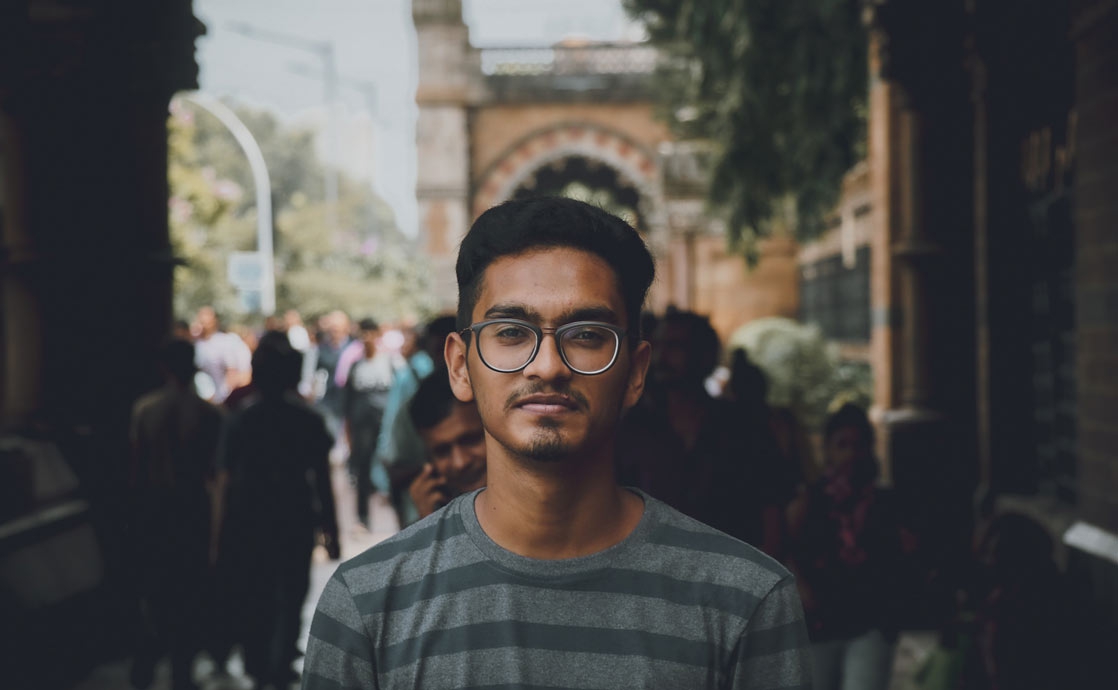

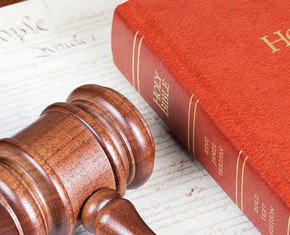
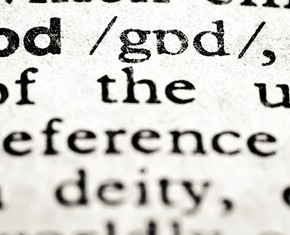
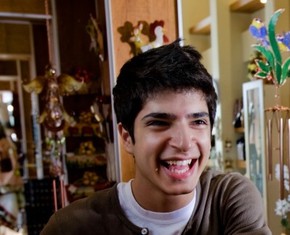









Comments
Sign in or create an account
Continue with Googleor